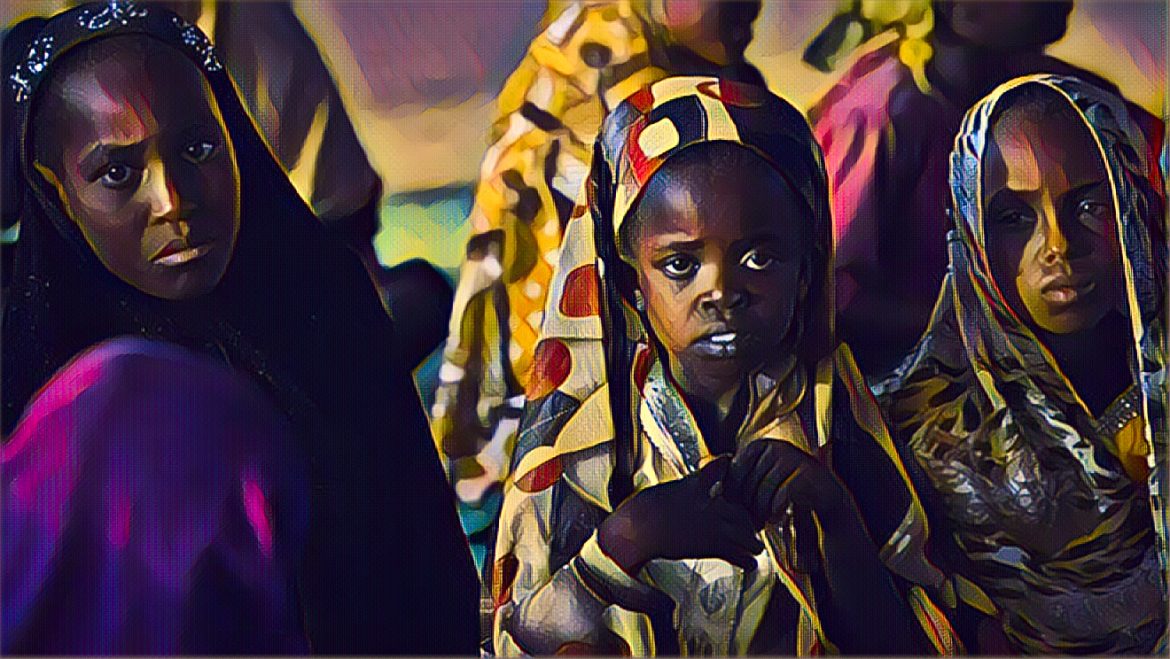A recent report by Ghana’s Statistical Service (GSS) has shed light on a disturbing trend: child marriage in the Nkwanta North District. The report reveals that over 1,000 children, aged between 12 and 17, have been involved in marital unions. Worryingly, girls are disproportionately affected by this harmful practice. The Nkwanta North District has the highest recorded incidence of child marriage in the entire Oti Region.
Detrimental Consequences for Girls’ Development
The report emphasizes the devastating consequences of child marriage on young lives. It disrupts education, increases the risk of maternal and child mortality, and traps families in a cycle of poverty. Early marriage also deprives girls of their fundamental right to education. Although the government has a policy allowing girls to return to school after childbirth, the emotional and psychological toll often leads to them dropping out again.
The situation in Ghana is not unique. The United Nations International Children’s Emergency Fund (UNICEF) estimates that millions of girls worldwide are married before the age of 18. Recognizing the urgency of addressing this issue, the Oti Regional Coordinating Council’s Department of Gender, with support from the United Nations Population Fund (UNFPA), has begun working with stakeholders in Nkwanta North District.
Last week, a crucial consultative meeting brought together a diverse group of community leaders, including chiefs, religious leaders, women’s groups, youth groups, and assembly members. The forum aimed to raise awareness about the negative effects of child marriage, understand the cultural and social factors driving the practice within the district and equip these leaders with the knowledge and tools needed to advocate for policy changes and local interventions.
Collective Action for Lasting Change
The Department of Gender views this stakeholder engagement as a critical step towards ending child marriage in the district. By empowering these community leaders, they hope to create a network of advocates who can champion the protection of children’s well-being. Stakeholders at the meeting committed to establishing child protection committees within their communities. They also pledged to collaborate with school authorities to address the root causes of child marriage, such as poverty and limited access to education, particularly for girls.
The Regional Director of Social Welfare emphasized the importance of public education on children’s rights, particularly for girls. He urged communities to organize educational campaigns to raise awareness about the legal and social ramifications of child marriage. Additionally, he called on parents to fulfill their legal obligations by providing for their children’s basic needs. He stressed the importance of instilling a sense of responsibility in children, allowing them to pursue their education and aspirations.
The fight against child marriage in Nkwanta North District requires a multi-pronged approach. By combining community engagement, education initiatives, and collaboration between stakeholders and authorities, there is hope for a future where children are free from the threat of early marriage and empowered to pursue their dreams.
The success of these efforts will depend on sustained commitment from all parties involved. The Ghanaian government, regional authorities, community leaders, and parents all have a role to play in ensuring a brighter future for the children of Nkwanta North District.
Source: Graphic Online




